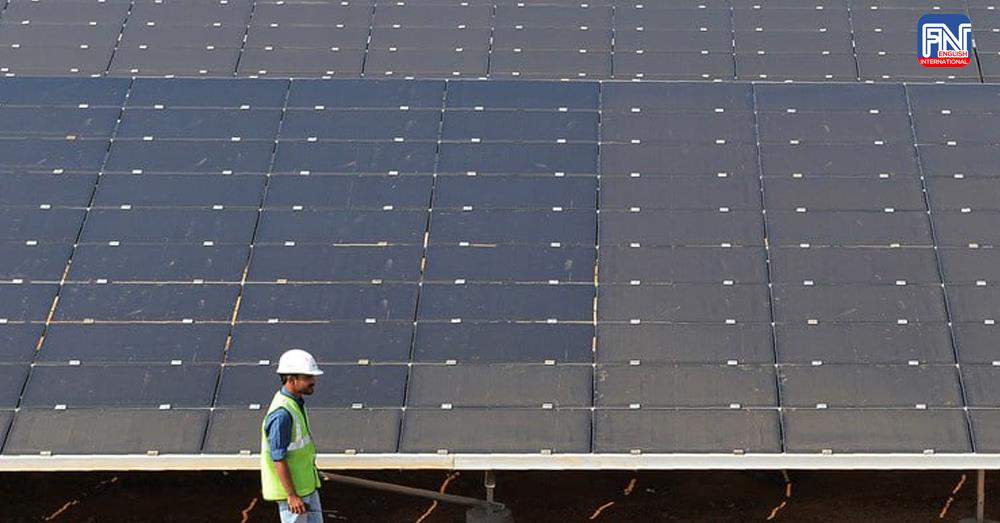NEW DELHI, Feb. 7 (RT) – New Delhi will invest $67 billion in India’s energy sector over the next 5-6 years to meet the country’s primary energy demand, which is expected to double by 2045, Indian Prime Minister Narendra Modi announced at the India Energy Week conference on Tuesday.
Earlier this month, New Delhi announced that its capital expenditure for the upcoming fiscal year (starting April 1) will be raised to 11.1 trillion rupees ($134 billion) – a historic high for the South Asian nation. “A large portion of this will be spent on the energy sector,” Modi said. The planned investment aims to meet increasing demand for energy in order to upgrade the country’s road, rail, air transport, and housing sectors, among others.
Modi stated that the Indian economy is growing at over 7.5%, positioning the country to become the world’s third-largest economy soon. He invited global investors to join the country's growth story. “Leaders in the oil, gas, and energy sectors from across the globe want to invest in India,” Modi added.
Modi also emphasized the country’s focus on developing “environmentally conscious energy sources” to enrich its energy portfolio. Despite India’s heavy reliance on coal as a primary energy source, the Government of India has made significant strides in expanding electricity access and promoting clean cooking. Notably, the International Energy Agency (IEA) acknowledges India’s progress in implementing various energy market reforms and integrating a substantial proportion of renewable energy sources into the grid.
India first announced its target to achieve net zero by 2070 at the 26th session of the United Nations Framework Convention on Climate Change (COP 26) in November, 2021.
The Indian leader also stressed that the country would soon make significant strides in green hydrogen production. The National Green Hydrogen Mission (NGHM) set up by the government seeks to boost production and exports.
PM Modi also observed that India is one of the only nations where gasoline and diesel prices have remained stable despite rising crude prices. At the same time, the demand for electric vehicles (EVs) in the country has also shot up.
The share of electric vehicles in India rose to 6.3% in 2023, in sharp contrast to pre-pandemic levels of just below 1%. To offset the rising global cost of crude, India has continued buying from Russia despite sweeping sanctions against the country over its military operation in Ukraine. New Delhi’s most senior officials have described the move as a “pragmatic decision” amid increasing scrutiny from the West.
Speaking on India’s ambitions in the renewable sector, India’s Petroleum and Natural Gas Minister Hardeep Singh Puri on Tuesday called on developing nations to join hands to define an energy agenda that is “inclusive, market-driven, and climate-sensitive.”
The Global South, noted Puri, receives only 20% of the world’s clean energy investments despite having 85% of the population. The minister assessed that the Global Biofuels Alliance, one of India’s primary initiatives during the G20 presidency, will help accelerate energy transitions for a “sustainable world.”





